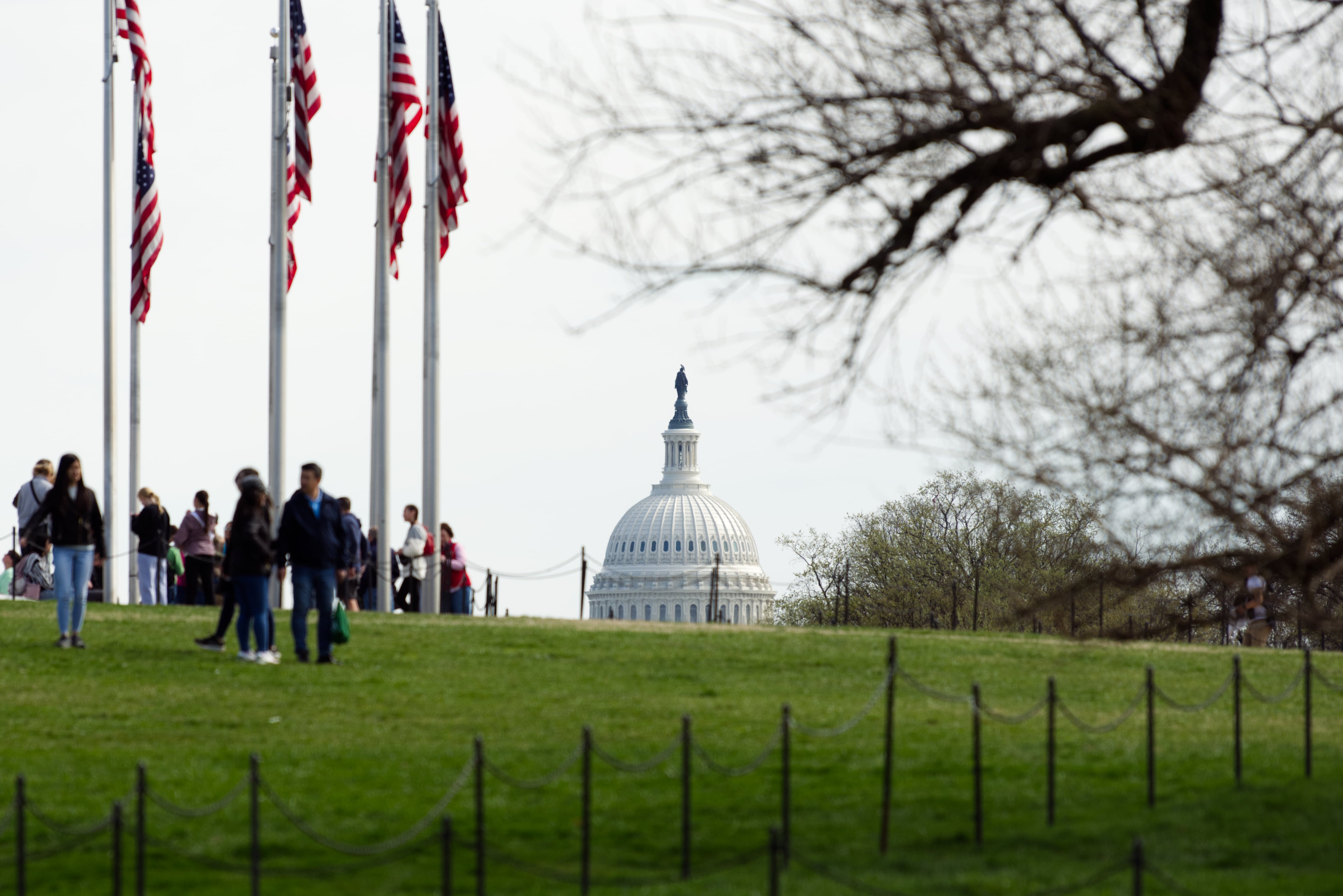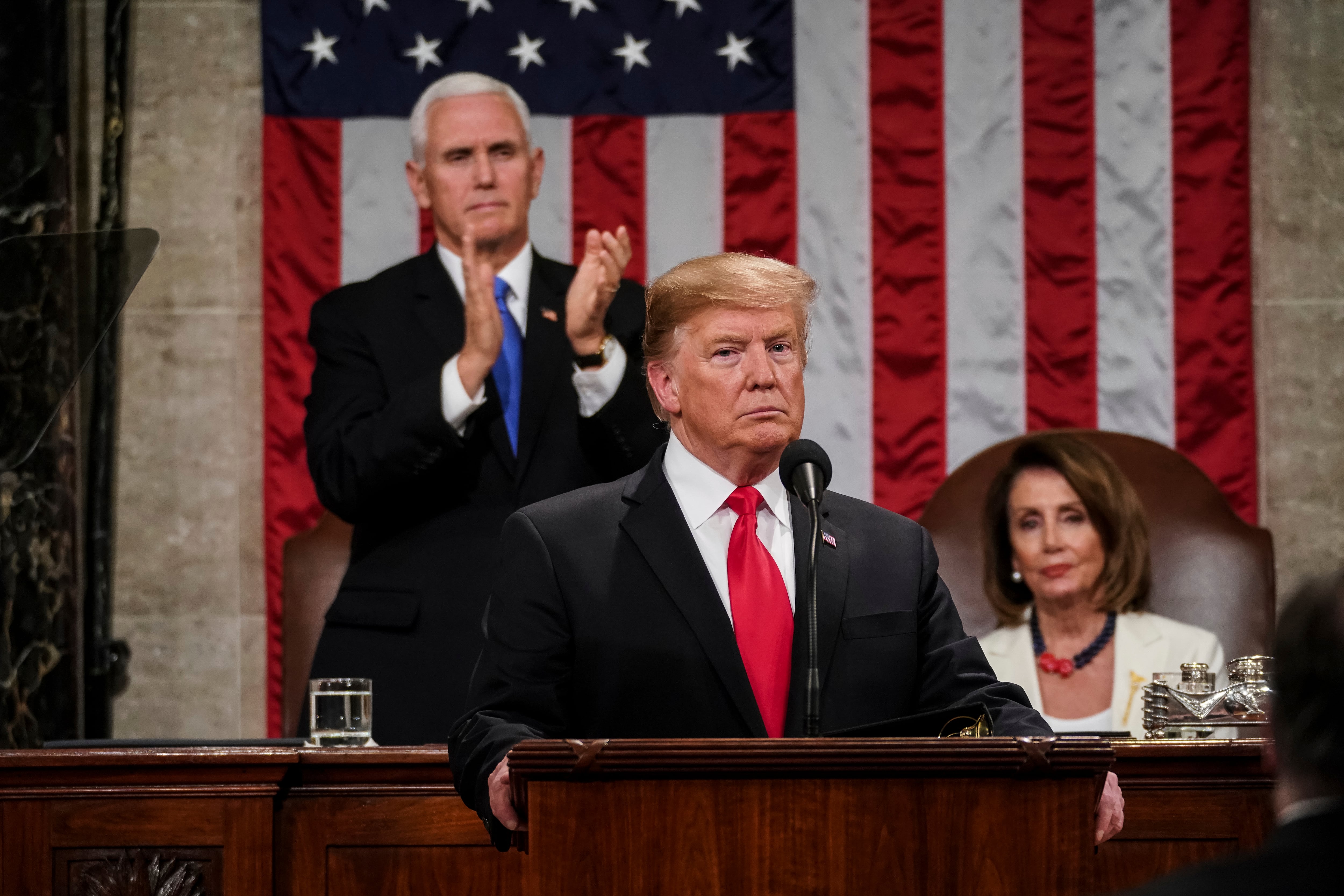The Senate, in a 65-33 vote, passed an $1.15 trillion budget plan Dec. 18 to fund the federal government, which now heads to President Obama's desk to be signed into law.
The House of Representatives passed the legislation 316-113 earlier in the day, with a bipartisan mix of Republican and Democratic support. The bill will fund the government through September 2016.
The legislation, which adheres to the guidelines of the Budget Bipartisan Act that passed on Nov. 2, includes $548.091 billion in base defense spending; and $518.491 billion in base non-defense spending.
The vote drew support from both parties in the House, as 150 Republicans and 166 Democrats voted to pass the spending bill, which offers a mix of spending increases above sequestration caps and tax breaks to encourage economic growth.
Many federal employee associations voiced their support for the deal based on not what was in the bill, but more so what wasn't, including federal pay freezes and spending cuts.
"The omnibus spending deal the House approved is not perfect, by any means, but I am happy with several major aspects, and I am grateful that it does not include any of the most egregious proposals that have unfairly targeted federal employees in recent years," Federal Managers Association president Patricia Niehaus said in a statement.
"With the allowance of the pay increase, and extended protections for victims of the data breach, as well as the absence of harmful proposals suggested in recent budget resolutions, we appreciate that the Congress has finally put together a long-term plan to remove uncertainty and fund the remainder of Fiscal Year 2016."
American Federation of Government Employees president J. David Cox echoed the tempered acceptance of the deal and called for a bigger raise for federal employees in fiscal 2017.
"Limping to the finish line with a budget who's only redeeming trait is the absence of harmful workforce provisions is hardly a reason to pop the champagne cork," Cox said in a statement.
"Congress needs to put aside the partisan bickering and grandstanding and pass a budget next year that will provide federal employees with a meaningful pay raise so the government can begin closing the widening pay gap between employees in the federal and private sectors, which now stands at 35 percent."




